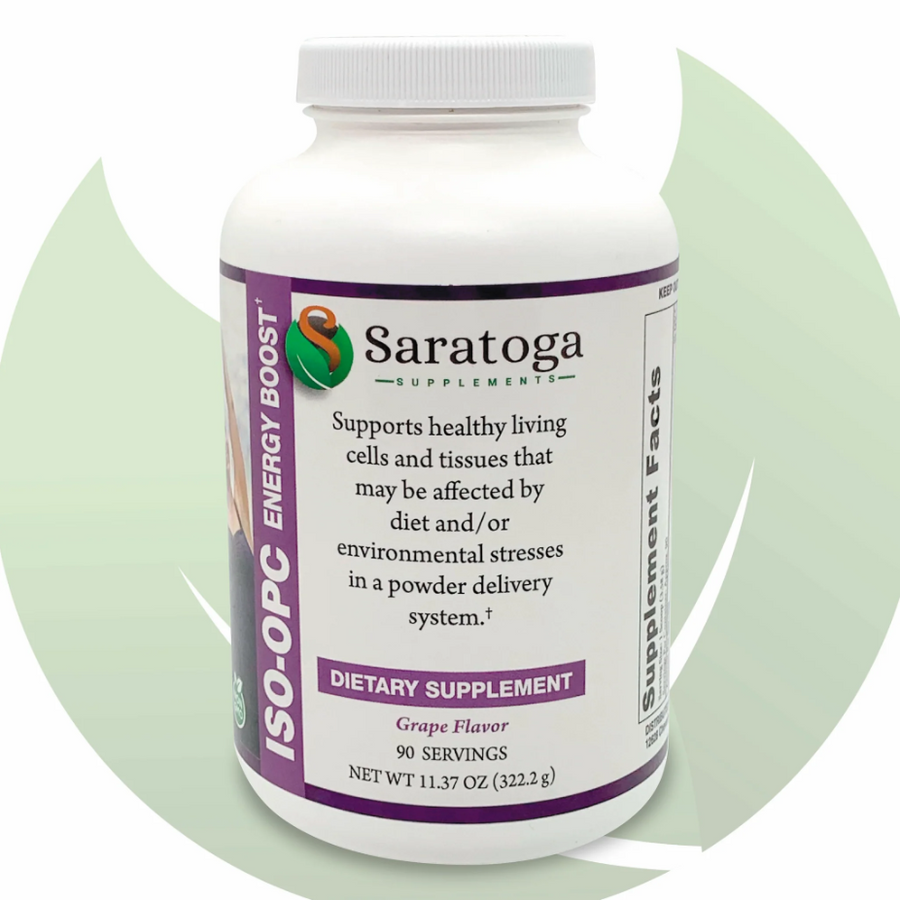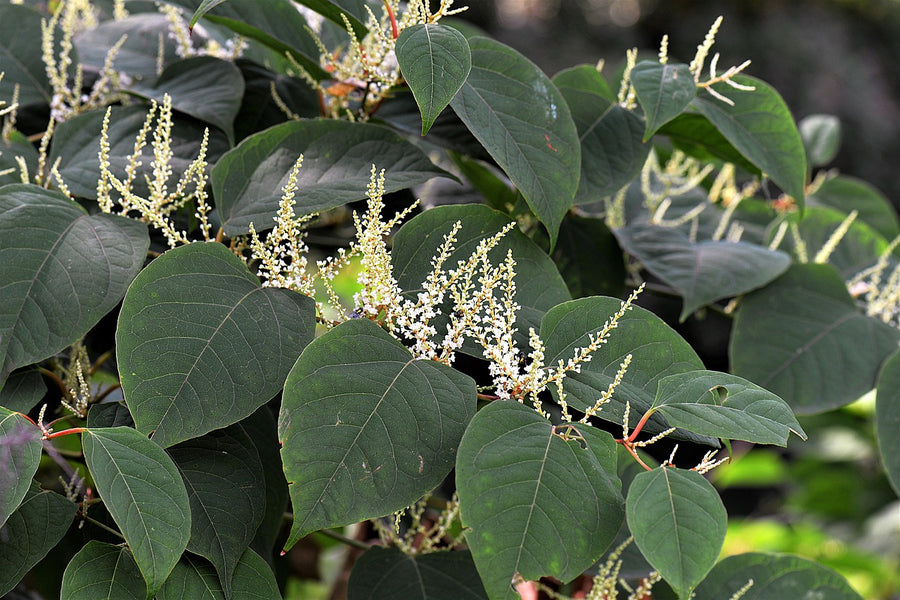Finally-Research on ADHD and how OPC's can help the symptoms
Finally some long needed research into ADHD and new methods to help alleviate the symptoms of it.
Here are some interesting excepts from an article on the Neuro-Psychotherapist.com. To read the full article, click here.
Here are some excerpts:
"According to data from the Centers for Disease Control and Prevention (2017), an estimated 6.4 million children aged 4 to 17 are diagnosed with ADHD at some point in their lives, reflecting a 41% increase in the last decade alone. ADHD is characterized by an ongoing pattern of inattention and/or hyperactivity–impulsivity that interferes with an individual’s functioning and development.
Despite the thousands of scientific research papers published on the illness and diagnosis of ADHD, the etiology and treatment recommendations from medical and psychiatric professionals have changed little over the years.
The prevalence of ADHD today has given rise to widespread professional and public awareness, as well as a myriad of treatment approaches ranging from behavioral to pharmaceutical, while the concomitant surge in research churns out new scientific data that seem to upend every firmly held assumption on which these treatments have been based.
Studies from around the globe are impressively united in their contradiction of the long-held belief that ADHD is a “kids’ disorder”. While ADHD typically manifests before puberty, new research has revealed that the disorder is lifelong, with prevalence rates amongst adults being nearly identical to those observed in children.
Perhaps most fascinating is the ongoing research exploring the genetic and biologic underpinnings of ADHD. While parents are primarily concerned with the behavioral manifestations of ADHD and strategies for symptom management, researchers have identified multiple biological changes associated with the behavioral and cognitive issues associated with ADHD. There is a growing body of unequivocal empirical evidence that validates ADHD as a neurologic, brain-based disorder represented by numerous biological abnormalities, so that what is observed as atypical behavior is merely the tip of a very large ADHD iceberg, the base of which can extend to an individual’s genetic blueprint and biochemical makeup.
A comprehensive list of the neurobiological changes that have been found to be associated with ADHD exceeds the scope of this article; however, a sampling of such a list would include the following:
- Several studies employing magnetic resonance imaging (MRI) technology have revealed abnormalities within the motivational circuitry of individuals with ADHD (Seymour, Reinblatt, Benson, & Carnell, 2015); neuroimaging studies have found unusual patterns of brain activation in individuals with ADHD, particularly within those networks involved in reward processing.
- A study examining the volume and quality of electrochemical signaling (communication) between brain regions found that ADHD children had atypical functional connections as compared with non-ADHD children (Costa Dias et al., 2013).
- Studies have revealed a genetic component to ADHD susceptibility; recent research investigating the incidence of ADHD amongst family members has yielded a heritability estimate of 76% in the general population (Faraone et al., 2005).
- Individuals with ADHD consistently display neurologic symptoms characteristic of insufficient dopamine. Dopamine plays a critical role in brain functions such as movement, attention, learning, and the reinforcing effects of many drugs. Researchers found that by administering a drug that enhances the release of dopamine in the brain of ADHD patients, symptoms were significantly relieved, thus confirming that ADHD symptoms are associated with insufficient dopamine (Carlson, 2014).
- In our clinic, we have found many nutritional and metabolic disturbances related to the symptoms of ADHD, such as heavy metal toxicity, fatty acid imbalances, deficiencies of magnesium, iron, and zinc, and carbohydrate intolerance."
Read the full article here for more!
It was quite an interesting read, it has confirmed my suspisions for a long time. It seems that researchers are linking OPC (oligomeric proanthocyanidins) consumption with alleviating ADHD symptoms. To me this makes sense, for the last 15 years I have spoke to customers who have told me that they thought our products were helping them with mental clairity as well as focus. Some have even come out and said they thought it helped their kids with ADD. I'm just glad there's now some science to back it up!
If you find the time, give it a read! If you'd like to try the OPC with the most active ingredients on the market look into our ISO-OPC visit (www.iso-opc.com for more info)
*These statements have not been evaluated by the Food and Drug Administration. This product is not intended to diagnose, treat, cure or prevent any disease.

Now try our ISO-OPC antioxidant powder with our money back guarantee. You have nothing to lose and EVERYTHING to gain. Use the link below and get 10% off your purchase today.






